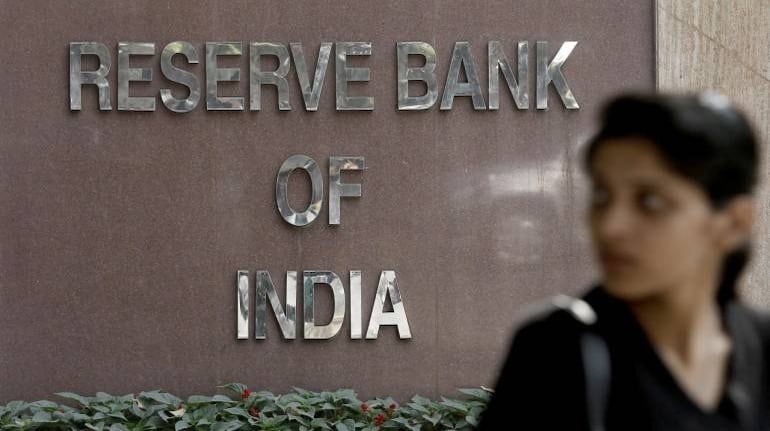



The Reserve Bank of India (RBI) is likely to allow some non-banking financial companies to issue credit cards but the nod will come with stringent conditions so that only those with a strong balance sheet get into the risky business, sources have said.
India is a market with low credit-card penetration of three to four percent. Banks also focus on the so-called prime or super-prime customers, making a large pool of Indians ineligible for these credit lines, which NBFCs and fintech startups are looking to tap.
“The RBI will now work on a few guidelines to operationalise this. It may set in place a minimum net worth requirement,” said one of the sources who didn’t wish to be identified.
For a company to be registered as an NBFC, the capital requirement is not too high, therefore not all such firms can be allowed to issue credit cards, sources said.
Business Standard was the first to report that RBI was in talks with a few NBFCs to allow them to issue credit cards.
Besides a minimum net worth, the banking regulator would also put in place liquidity requirements. It may also look into the IT infrastructure and cybersecurity measures, as cards could also be issued digitally, the source said.
“There are around 15 large NBFCs in the country that are regularly monitored by the RBI. They could become the first few institutions to become eligible for this. Initially, the RBI may also place a credit limit, depending on the NBFC’s net worth,” the source said.
So far, only two NBFCs—SBI Card and BoB card, both in the state-run space—issue credit cards.
At the end of November 2021, there were 67 million credit cards, compared to 934 million debit cards, which is to be seen against the nearly 550 million customers who have credit bureau histories, the latest RBI Monthly Bulletin of January 2022 said.
A big market to tap
To bridge the yawning gap in the Indian market, fintech startups are extending credit through various models by focusing on sub-prime and new-to-credit customers.
New-age fintechs are extending credit by offering Buy Now Pay Later (BNPL), EMIs, prepaid cards or even allowing consumers to split bills in three or more installments.
The recent Digital Lending Report by an RBI working group highlighted that “digital credit cards/line of credits should be allowed to operate without licence to further improve financial inclusion”.
What will the move mean for fintech NBFCs
A host of fintechs with an NBFC licence such as Slice and LazyPay are issuing prepaid cards through tie-ups with banks. Uni, another player issuing cards that allow customers to split their bills in three, is awaiting an NBFC license. For players like these, an RBI nod to issue credit cards will help expand their offerings.
“NBFCs are better positioned to give a lot of customers access to formal credit, those who would otherwise not be eligible for credit from banks. It makes sense to make this happen in 2022 itself and is the right step towards deepening of digitisation in the country,” said a fintech industry source on the condition of anonymity.
On the other hand, many startups have come up recently and may not meet the minimum requirements that RBI may set in place to allow them to issue credit cards.
“If lending through your own books is not done in the right way, the delinquencies can hit the business in two or three years after a credit cycle ends. This is why NBFCs with a large balance sheet can do this, not fresh startups,” another fintech executive said.
It still does open up a host of opportunities for fintech startups as it will expand the market and allow for credit to be extended to more players.
If done in collaboration with fintech startups, the eligible NBFCs would be able to reach out to a larger user base.
“It will surely be a win for digital lending fintechs as they can offer credit cards in partnerships with more NBFCs, besides banks,” the above-mentioned executive added.

Discover the latest Business News, Sensex, and Nifty updates. Obtain Personal Finance insights, tax queries, and expert opinions on Moneycontrol or download the Moneycontrol App to stay updated!
Find the best of Al News in one place, specially curated for you every weekend.
Stay on top of the latest tech trends and biggest startup news.